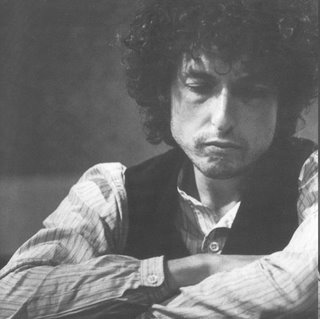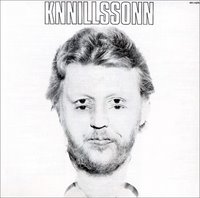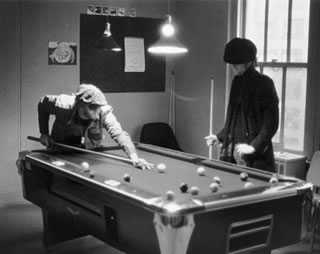The Canon #7
 Bob Dylan - "If You See Her, Say Hello"
Bob Dylan - "If You See Her, Say Hello"For this heartbreaking track off of Blood On The Tracks, Dylan set aside his usual arsenal of surreal wordplay, self-righteous anger, and verbal switchblades. This is Dylan waving a little white flag - resigned, vulnerable, and filled with regret. The song's melody and instrumentation captures these feelings with aplomb. Over delicately plucked acoustic guitar and mandolin, Bob presents a portrait of a man wallowing in self-pity and remorse.
Since Dylan is wont to dismiss traditional song structure, there are no real verses and choruses. Just a gorgeous cyclical chord progression that undulates over the rocky emotions within the story. He sets the tone perfectly with a sly bit of guardedness: "She might think that I've forgotten her/don't tell her it isn't so." And that's about as tough as he gets. As the song unfolds, he relives scenes and memories in his mind - opening an old wound anew. Pain and sorrow pour from this opening:
And though our separation, it pierced me to the heart
She still lives inside of me, we've never been apart."
In a way, this song could be interpreted as the typical "girl-who-got-away" tale, but to do so would be callous and short-sighted. Few songwriters have managed to be this unflinchingly real in their depictions of relationships and the emotions involved. There isn't always a happy ending - sometimes all you end up with are memories, regrets, and the hope that you won't be forgotten. It's not just the unhappy ending that makes it "real" - there are also his very accurate depictions of grieving and coping with loss. Most people have felt these lines before:
Either I'm too sensitive or else I'm gettin' soft."
Nothing I say can really capture the grace of this song or properly summarize the emotional power within it. I prefer to just end with Bob's parting lines:
Tell her she can look me up if she's got the time."



